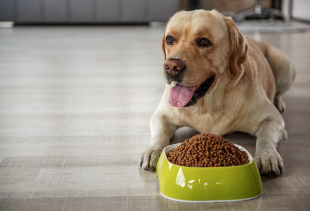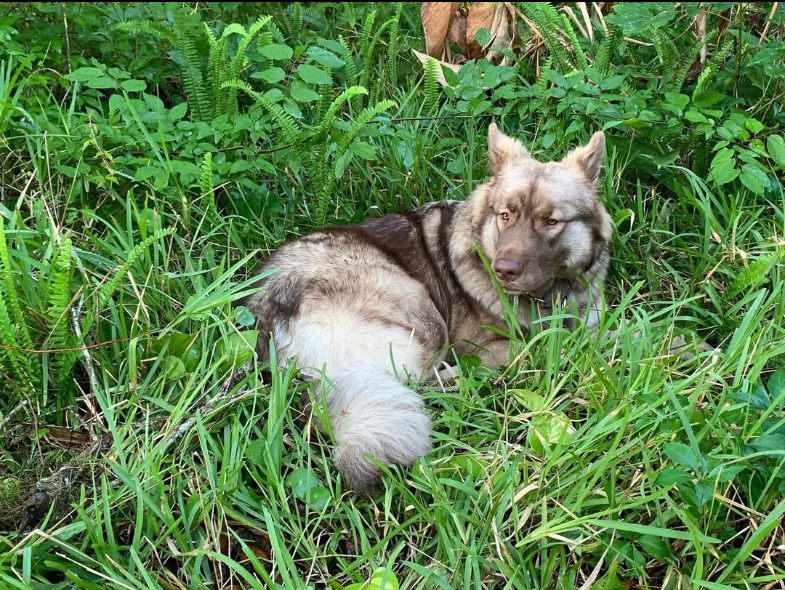Gestation Period in Dogs: All You Need to Know
The gestation period in dogs is when it takes for puppies to develop inside the mother’s womb. It typically lasts 63 days but can range from 57 to 65. This means that puppies are usually born about two months after the mother is bred.
How to tell if your dog is pregnant
There are a few signs that can indicate that your dog is pregnant. These include:
- Enlarged abdomen: The mother’s belly will widen as the puppies grow. This is usually noticeable around 30 days after breeding.
- Swollen teats: The mother’s teats will also become swollen and may produce a milky discharge.
- Morning sickness: Some pregnant dogs may experience morning sickness, just like humans. This can include vomiting and loss of appetite.
- Weight gain: Pregnant dogs will naturally gain weight as the puppies develop.
- Nesting behavior: As the mother’s due date approaches, she may exhibit nesting behavior. This can include gathering materials to make a bed for her puppies.
If you notice any of these signs in your dog, it is best to take her to the veterinarian to confirm the pregnancy and get advice on prenatal care.
Prenatal care for pregnant dogs
Pregnant dogs need special care to ensure they and their puppies are healthy. This includes:
- Feeding a high-quality diet: Pregnant dogs must eat a diet high in nutrients and calories. This will help ensure that the puppies get the nutrients they need to develop correctly.
- Getting regular exercise: Pregnant dogs should get regular exercise, but it is important to avoid strenuous activity. A daily walk at a moderate pace is ideal.
- Seeing the veterinarian regularly: Pregnant dogs should visit the veterinarian regularly for checkups and vaccinations.
Signs that your dog is in labor
When your dog is in labor, she will start to experience contractions. You may notice her panting, pacing, and digging. She may also have a discharge from her vulva. If you see any of these signs, it is essential to contact your veterinarian.
The birthing process
The birthing process in dogs typically lasts for several hours. During this time, the mother will give birth to her puppies one at a time. She will lick and clean each puppy after it is born.
Once all of the puppies have been born, the mother will placenta. This is the tissue that connects the puppies to the mother’s womb. The mother will eat the placenta, a natural way to replenish her nutrients.
Caring for puppies after birth
After the puppies are born, keeping them warm and dry is essential. You can place them in a whelping box with a heat lamp. It is also necessary to feed the puppies regularly. They should be fed their mother’s milk until they are eight weeks old.
Conclusion
The gestation period in dogs typically lasts for 63 days. Pregnant dogs need special care to ensure they and their puppies are healthy. This includes feeding a high-quality diet, regularly exercising, and seeing the veterinarian regularly.
When your dog is in labor, she will start to experience contractions and have a discharge from her vulva. The birthing process typically lasts for several hours. After the puppies are born, keeping them warm and dry and feeding them regularly is essential.
Contact your veterinarian if you have any questions or concerns about your dog’s pregnancy or the birthing process.
Additional information about the gestation period in dogs
Factors that can affect the gestation period
There are a few factors that can affect the gestation period in dogs, including:
- Breed: The breed of the dog can affect the gestation period. For example, toy breeds typically have a shorter gestation period than large breeds.
- Litter size: The number of puppies in the litter can also affect the gestation period. Larger litters tend to have a shorter gestation period than smaller litters.
- Age: Older dogs may have a more extended gestation than younger dogs.
- Health: If the mother is not healthy, this can also affect the gestation period.
Signs of complications during pregnancy
If you notice any of the following signs during your dog’s pregnancy, it is essential to contact your veterinarian immediately:
- Bleeding or discharge from the vulva
- Severe vomiting or diarrhea
- Lethargy or depression
- Loss of appetite
- Abdominal pain
- Difficulty breathing
What to do after your dog gives birth
After your dog gives birth, monitoring her and her puppies closely is essential. Make sure that the puppies can nurse



